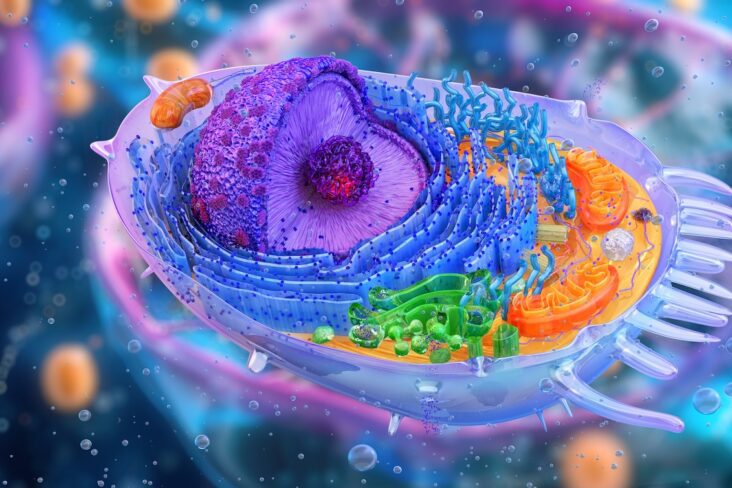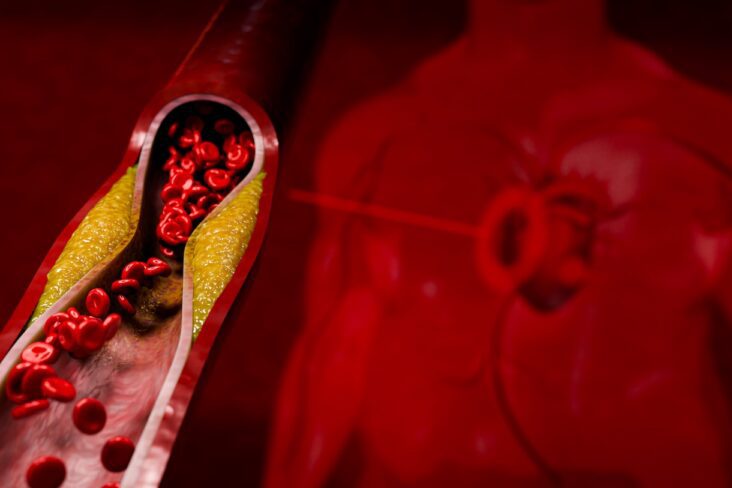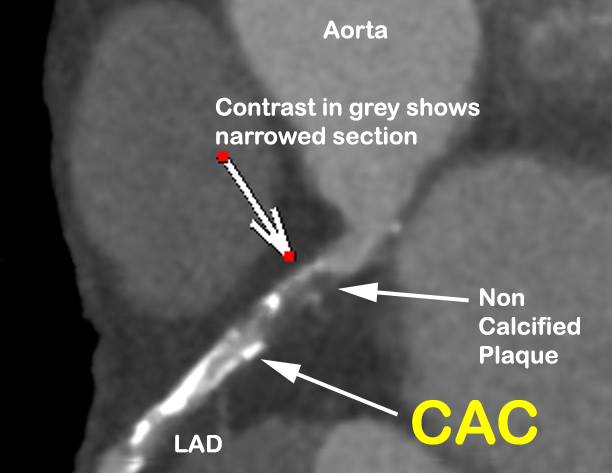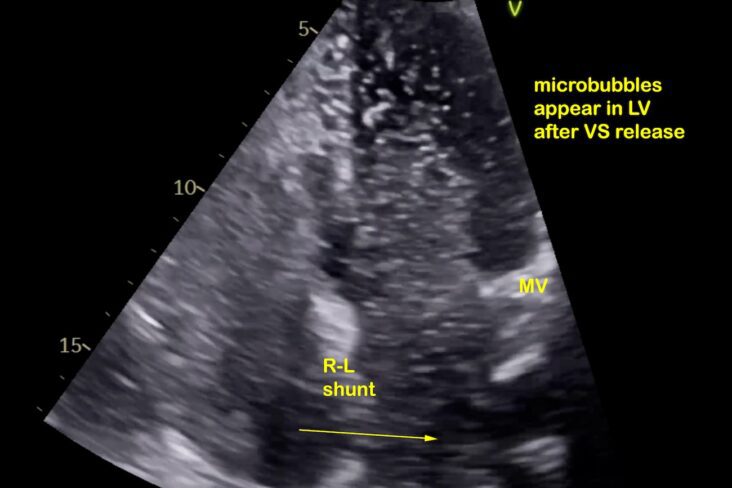
Mitochondria: The Tiny Engines Managing Your Energy — Until They Are Overloaded
Mitochondria are the power stations inside every cell, converting food into energy. But in modern life, with constant carbohydrate intake and low energy demand, they become overwhelmed. Just like solar panels producing too much electricity for full batteries, mitochondria have nowhere to send surplus fuel. This triggers oxidative stress, inflammation, and early ageing. Insulin is meant to divert excess glucose to safe storage — but when that system fails, metabolic chaos follows. In this article, we explore how your mitochondria manage energy, what causes them to overload, and how lifestyle changes can help restore balance and protect long-term health










